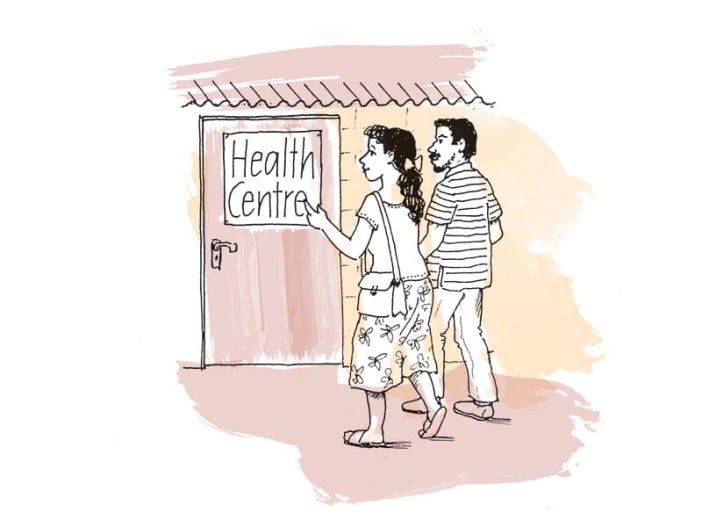Read Luke 8:42a-48.
As human beings, we often know less about others than we think we do. Consider the story of the woman with the haemorrhage. What do the following people know about the situation described, and what don’t they know?
- the crowd
- Jesus
- the woman herself
The crowd have no idea what is going on. Had they known that a woman with a haemorrhage was among them they would have run a mile – away from someone they regarded as ritually impure. Religious leaders taught this as law (see Leviticus 15:25-27, 31). As Jews of Jesus’ time, the crowd would see the woman as an outcast to be shunned. Her bleeding would have been seen as demonstrating in her own body her sinfulness and distance from God. “Who touched me?” Jesus says. Even Jesus’ knowledge is incomplete. While he knows that power has gone from him, he’s aware that he doesn’t know whom it has benefited. The only person who really knows what is happening is the woman. She alone knows her situation and need, and that she has reached out in faith to Jesus for healing.
Not only does Jesus heal her physically, he restores her emotionally, spiritually and socially by bringing her to the attention of the crowd and announcing she is healed.
We can often assume that we understand a situation when in reality we have very little information about it. Consider these questions:
- What do others really know about you? What assumptions do they make?
- What do you really know about others? What assumptions do you make?
Read Psalm 139.
- What does this psalm say God knows about you?
When we consider our own lives, our thoughts and feelings, our hopes, fears, secrets and shortcomings, it is amazing to know that God loves us in spite of all that we are. Yet God does – so much so that he was willing to give his only Son, so that everyone who believes in him may not die but have eternal life. If God feels like that about you, and all that you are, might he feel the same for everyone else as well?
The Rev Dr Michael Beasley is Director of Mission in the Diocese of Oxford. He has worked extensively on education sector responses to HIV in Africa, Asia and the Caribbean.









